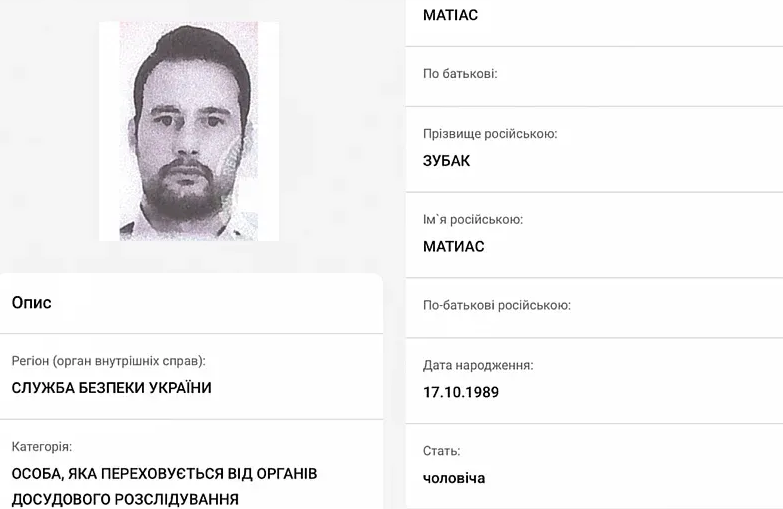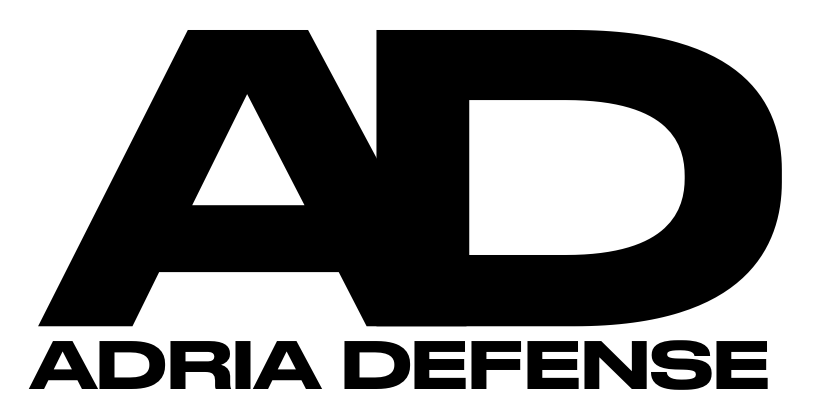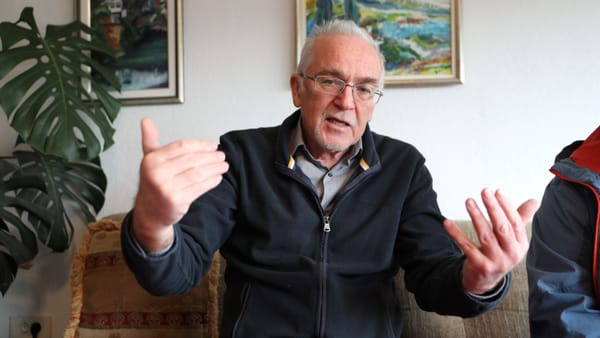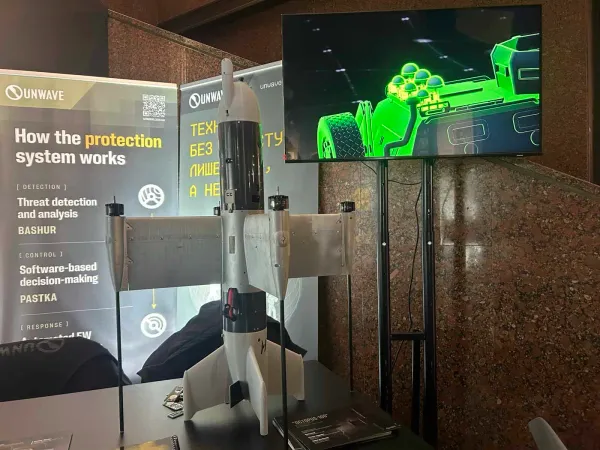Ukraine Issues Warrant for Croatian Arms Dealer Who Purchased Bosnia’s “Vitezit” Factory
Ukraine has issued a warrant for Croatian arms dealer Matias Zubak, the buyer of Bosnia’s Vitezit factory, over a $37 million arms procurement scandal. Authorities in Bosnia may open an investigation into possible corruption and political influence surrounding the purchase.

SARAJEVO — The Ministry of Internal Affairs of Ukraine has issued an international warrant for Matias Zubak, a Croatian arms dealer who, through his company WDG Promet, acquired the defense industry plant “Vitezit” in Vitez, Bosnia and Herzegovina.
Zubak is listed on Ukraine’s official registry of wanted persons as an individual evading investigation by the Security Service of Ukraine (SBU). The warrant is connected to an ongoing probe into the non-delivery of mortar shells valued at over $37 million, a deal arranged during Ukraine’s wartime procurement surge.
Deal Gone Missing
According to Ukrainian and regional media reports, the case centers on a 2023 contract between Ukraine’s Ministry of Defense and the local firm Lviv Arsenal, for the delivery of 100,000 mortar rounds worth $37.6 million. The procurement was to be carried out through intermediaries — Slovakia’s Sevotech and Croatia’s WDG Promet, owned by Zubak.
Ukraine made an advance payment of €5.5 million, but the ammunition was never delivered. Investigators allege that the funds were transferred through a Czech credit institution and partially redirected abroad, including transactions linked to the purchase of Bosnia’s “Vitezit” factory.

A Troubled Acquisition in Bosnia
Zubak’s company WDG Promet was declared the winning bidder in the 2022 privatization process for Vitezit, offering 10.8 million Bosnian marks (about €5.5 million). The plant, once a cornerstone of Bosnia’s wartime explosives production, has been in bankruptcy for years.
However, a court in Bosnia and Herzegovina suspended the handover of ownership, citing irregularities and pending legal reviews regarding the legitimacy of the transaction. The privatization process remains stalled, while international investigators are now examining the origin of the funds used in the purchase.
Political Connections Under Scrutiny
Sources familiar with the matter say that Zubak has maintained close contact with several political figures in the Federation of Bosnia and Herzegovina, allegedly enjoying preferential treatment during the acquisition process.
Those interactions reportedly included officials at both entity and cantonal levels, as well as former government representatives linked to the defense sector.
The Father’s Controversial Past
Zvonko Zubak, the father of Matias Zubak, is a longtime arms dealer and one of the more controversial businessmen from Croatia and Bosnia and Herzegovina. Born in 1958 in the village of Bunar near Plehan, Zubak rose to prominence in the 1990s after claiming to have procured the S-300 missile defense system for Croatia’s wartime defense. The claim sparked a decades-long legal battle with the Croatian government, fought in courts in Zagreb and Brussels, over alleged unpaid arms deliveries. In recent years, his name has resurfaced in connection with the attempted acquisition of Bosnia’s “Vitezit” munitions factory and wider dealings within the region’s defense industry. While his reputation remains tied to a series of disputed arms transactions, Zvonko Zubak is not currently the subject of any arrest warrant, nor is he formally implicated in the Ukrainian investigation involving his son.
Calls for Investigation in Bosnia and Herzegovina
It is believed that Bosnian authorities will launch an inquiry into the circumstances surrounding Zubak’s purchase of the Vitezit factory — including the origin of the money, potential corruption or favoritism, and possible political influence on the sale.
The case has drawn growing attention across the region, as it links Ukraine’s wartime procurement scandal with the privatization of a strategic defense asset in Bosnia and Herzegovina.
If confirmed, it could expose a cross-border network involving arms brokers, financial intermediaries, and political figures operating across Central and Southeastern Europe.
Sources: Ministry of Internal Affairs of Ukraine, Hromadske, Eurointegration, and media archives





